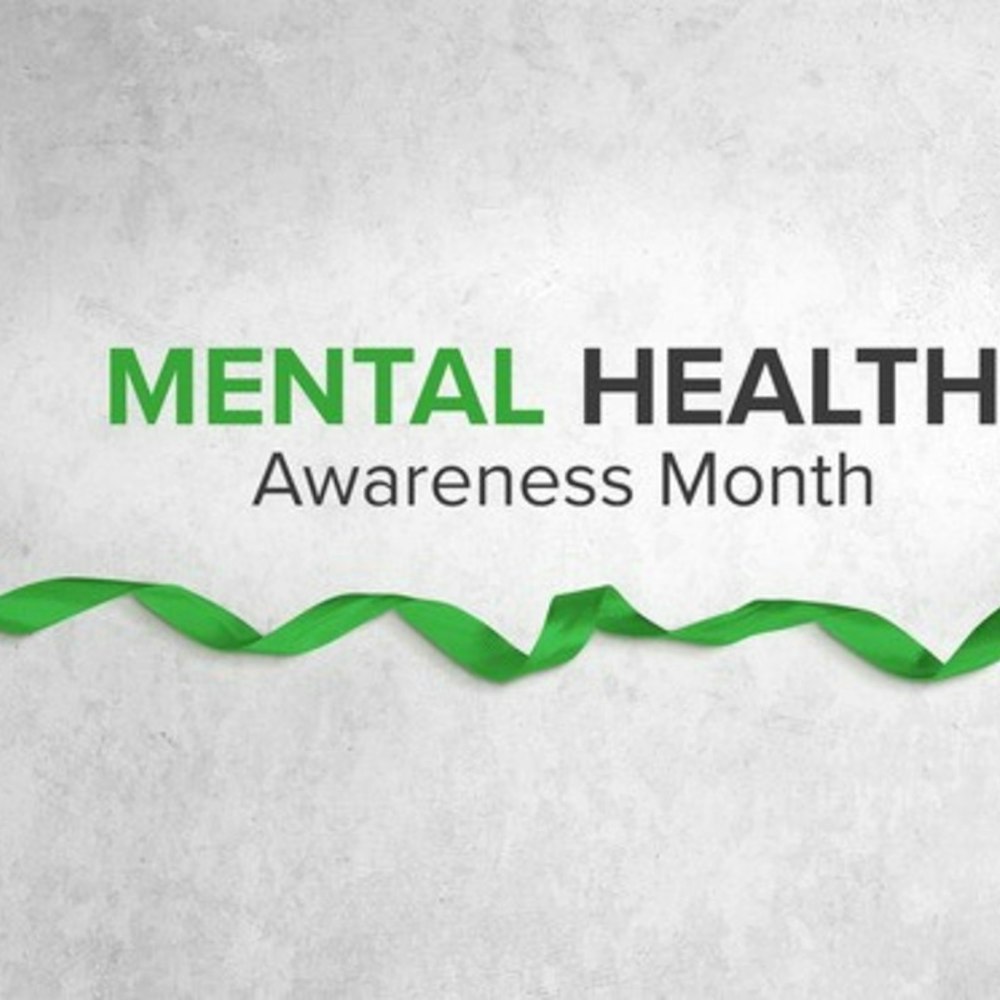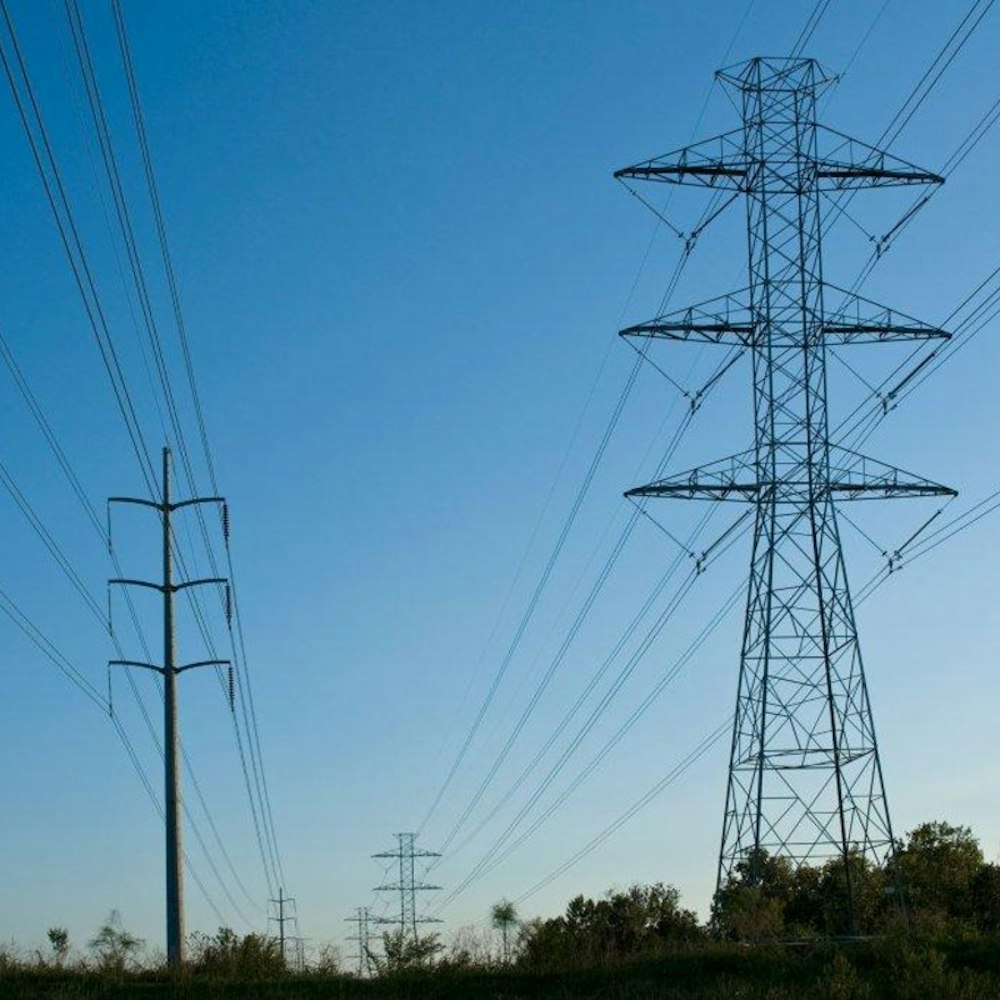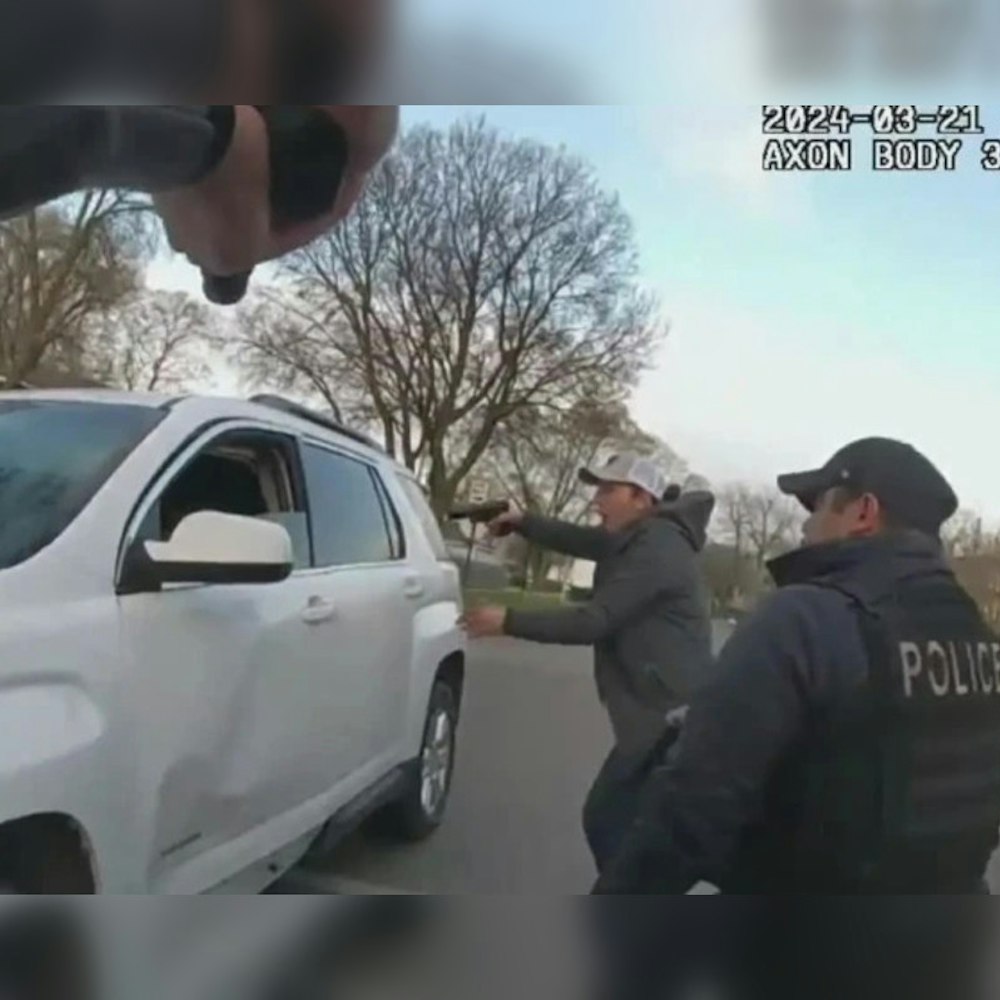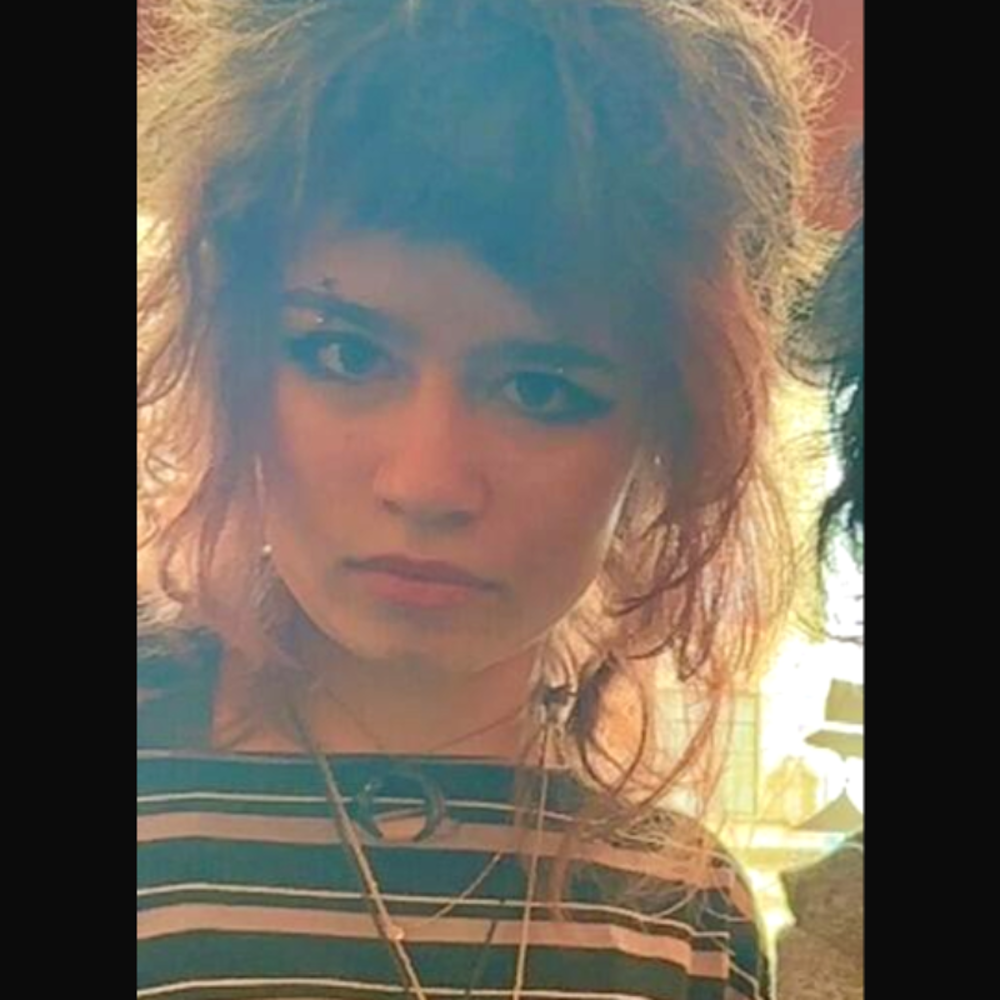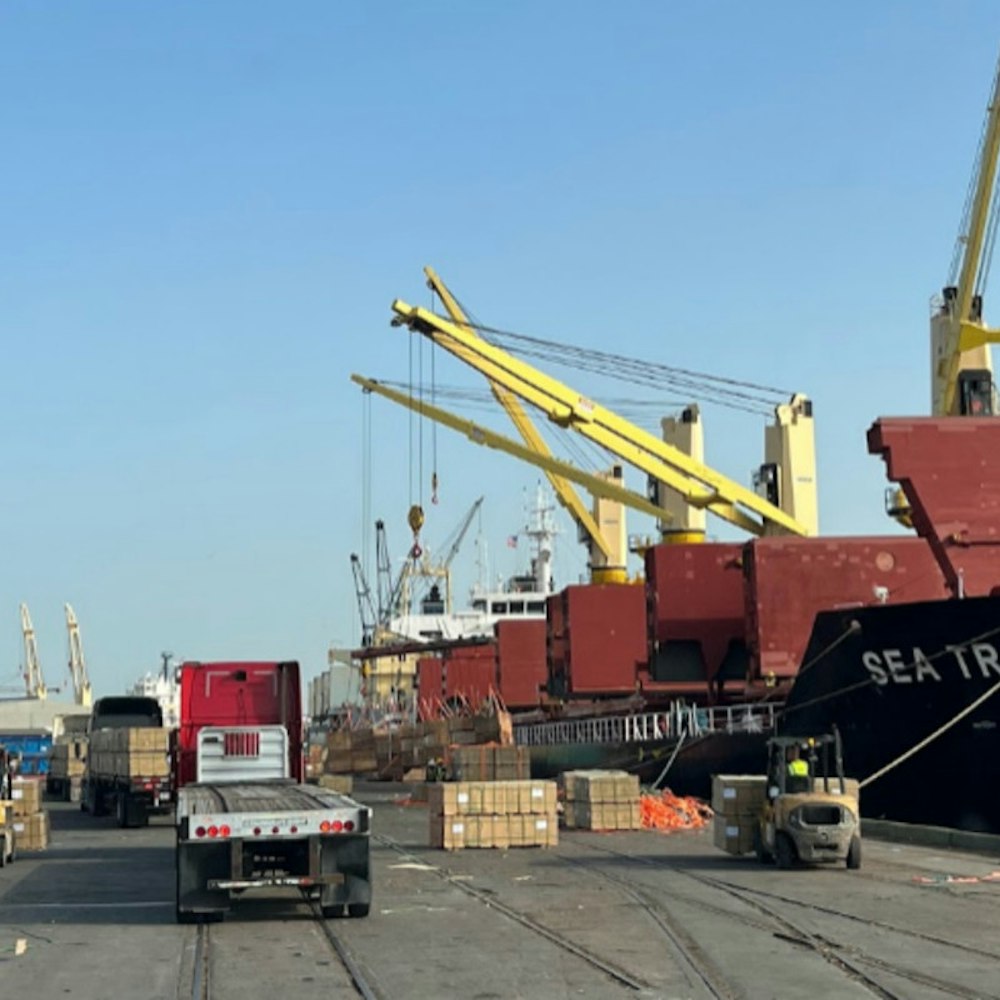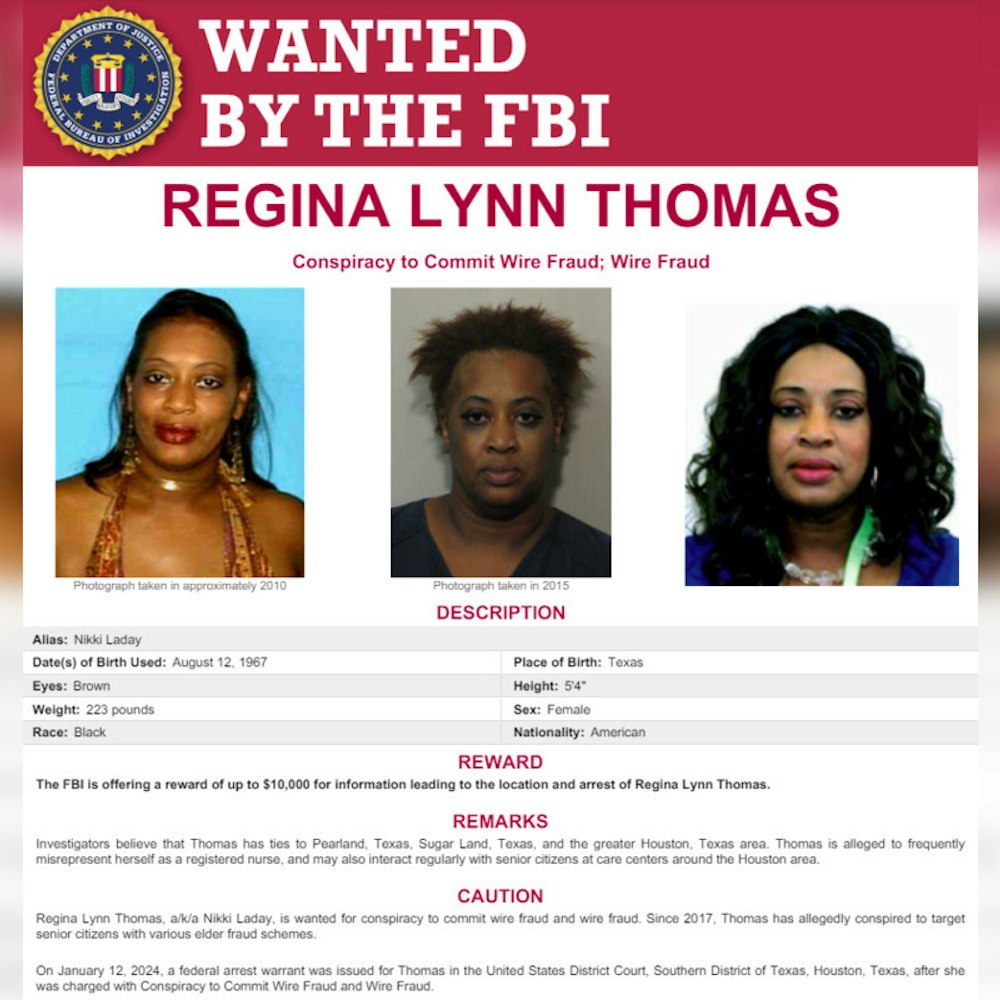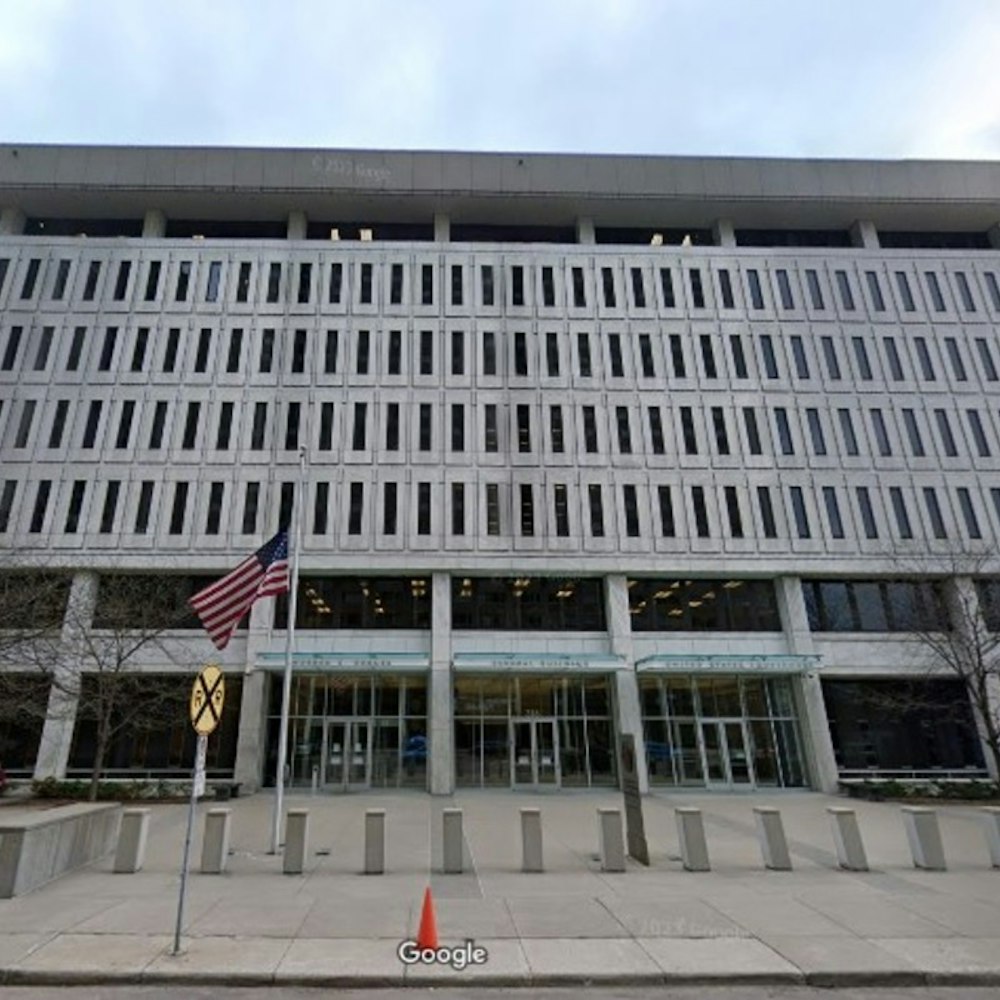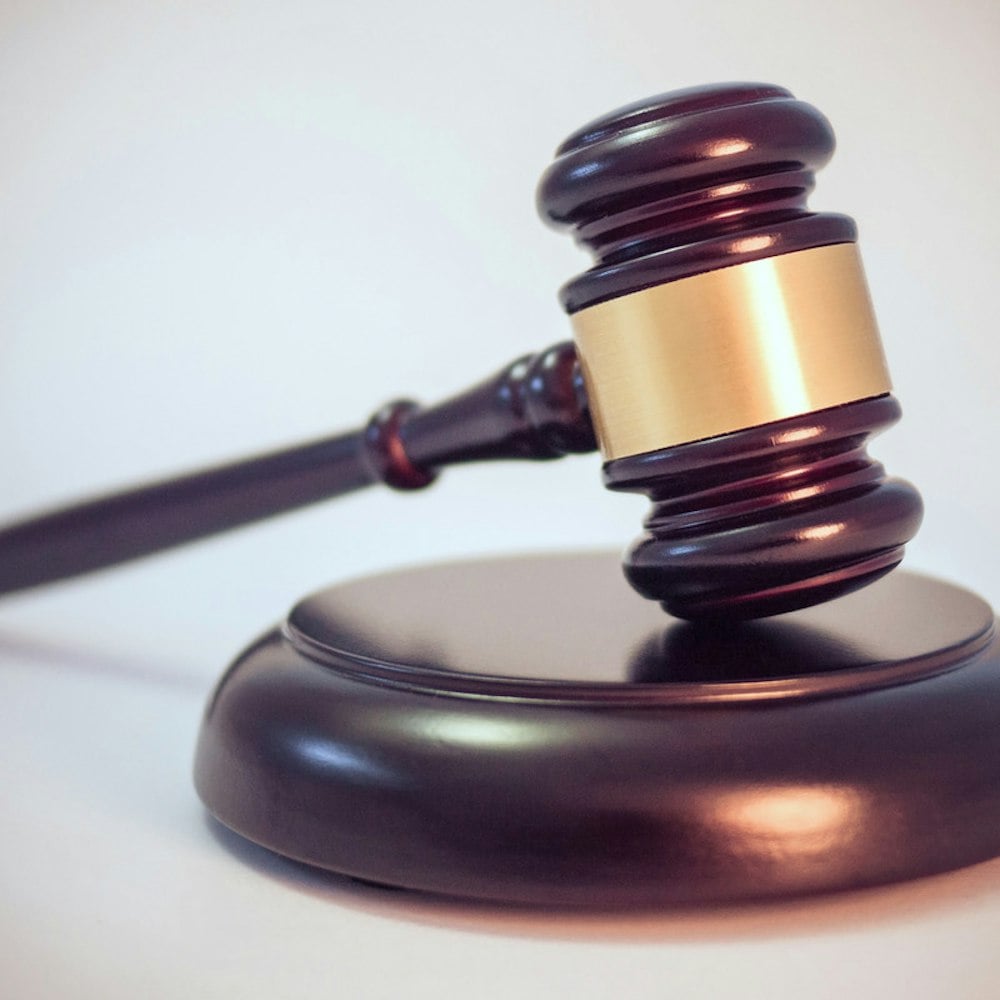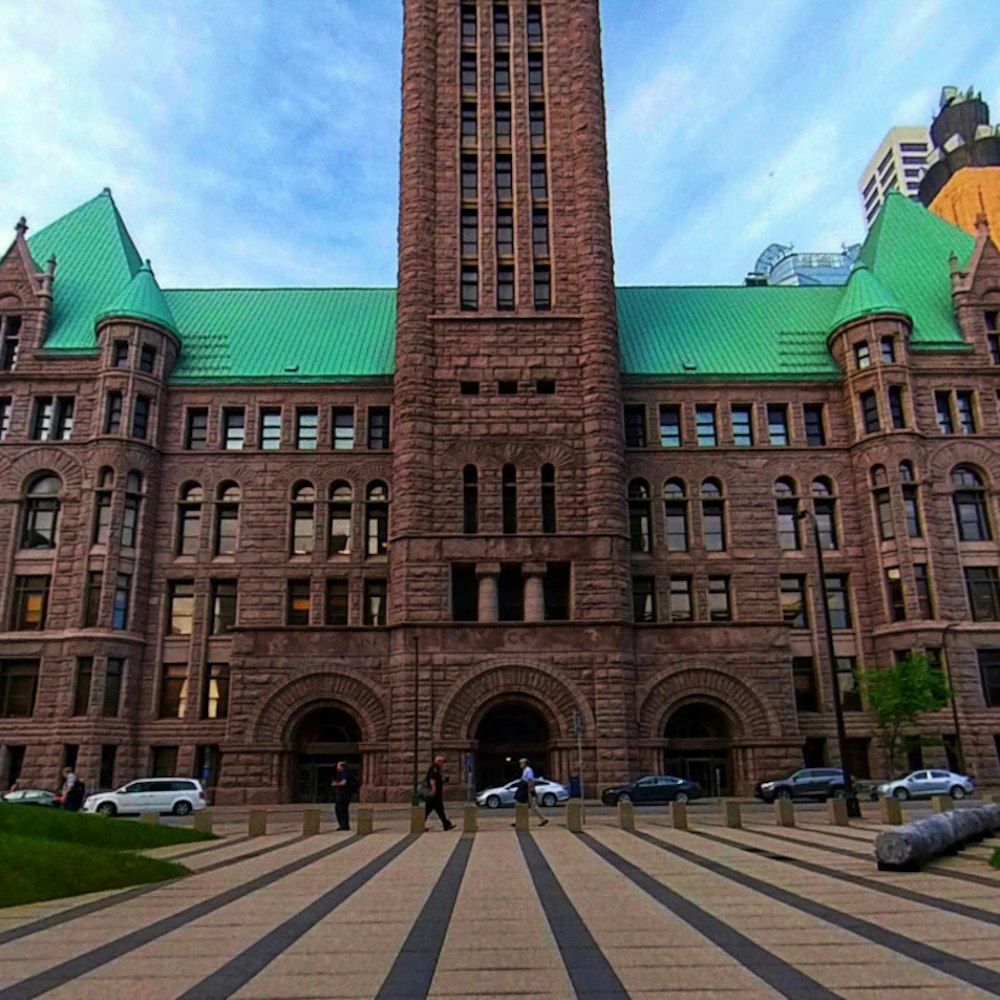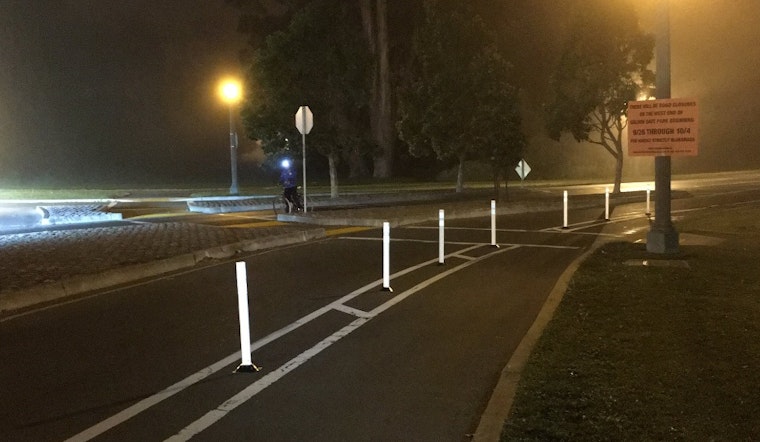
You may have noticed a new set of soft-hit posts on the right-hand turn from John F. Kennedy Drive to Kezar Drive appear in the last couple of weeks.
A group of private citizens put them there without permission.
But unlike most unofficial traffic alterations, the city is saying that the markers can stay until it follows with its own set of permanent changes.
It's a striking win for a new group called SF Transformation (SFMTrA), which promises a much bigger campaign to proactively alter street signs without city permission.
Here's more from one of the members to us, earlier this week, about how the signs came to be and what's next.
"One of our members, a father of two, who bikes this route daily taking his child to school was spurred into action after he was nearly hit in this bike lane by a fast-moving car."
In reaction, "we started by placing cones in the bike buffer zone—and monitored the cars before and after. The cones made this road safer for everyone. But the Park Service took them down after a few days. So next we installed the same white soft-hit posts you see protecting the bike lanes on Market Street."
JFK/Kezar in Golden Gate Park is now safer for cyclists and pedestrians. Enjoy and #DemandMore. pic.twitter.com/opMAa5J0Os
— SF Transformation (@SFMTrA) September 27, 2016
Yesterday, spokesperson Paul Rose of the San Francisco Municipal Transportation Association told KPIX and SFist that the posts can stay, for now.
"At this specific location, we plan to leave the SFMTrA posts in place until we can install our own," he said.
Rose explained that a new fleet of smaller street-sweeping vehicles are on the way that will be able to operate through the intersection while leaving room for more permanent cones.
Bicycle-car collisions are an unfortunately regular occurrence. While new lanes and protective measures have rolled out in recent years as part of the city's Vision Zero plan, tragedies continue.
After Heather Miller and Katherine Slattery were killed in separate incidents on one evening in June, city officials reiterated this goal and promised more action.
To date, Rose said in a statement that the city has installed 30 miles of lanes marked by features like the soft-hit posts but hopes to double that number in the next 12 months.
Meanwhile, having raised some $300 from members to pay for these posts and the win under its belt, the SFMTrA promises a bigger campaign and is busy fundraising to pay for more materials. Here's what's next, in a statement from the member:
[The city leaders and agencies] simply aren't moving fast enough to adapting to a world where not everyone gets around in a private automobile. We are helping transform our streets more quickly.
Other than a few green scraps of paint, our roads basically look the same since the 50s and 60s when cities across America devastated their public streets by catering unwaveringly to the new technology of the time - the automobile.
They need to make walking safer and more enjoyable. Biking safer. Muni buses faster. And loading and unloading from Ubers and eventually autonomous cars safer.
